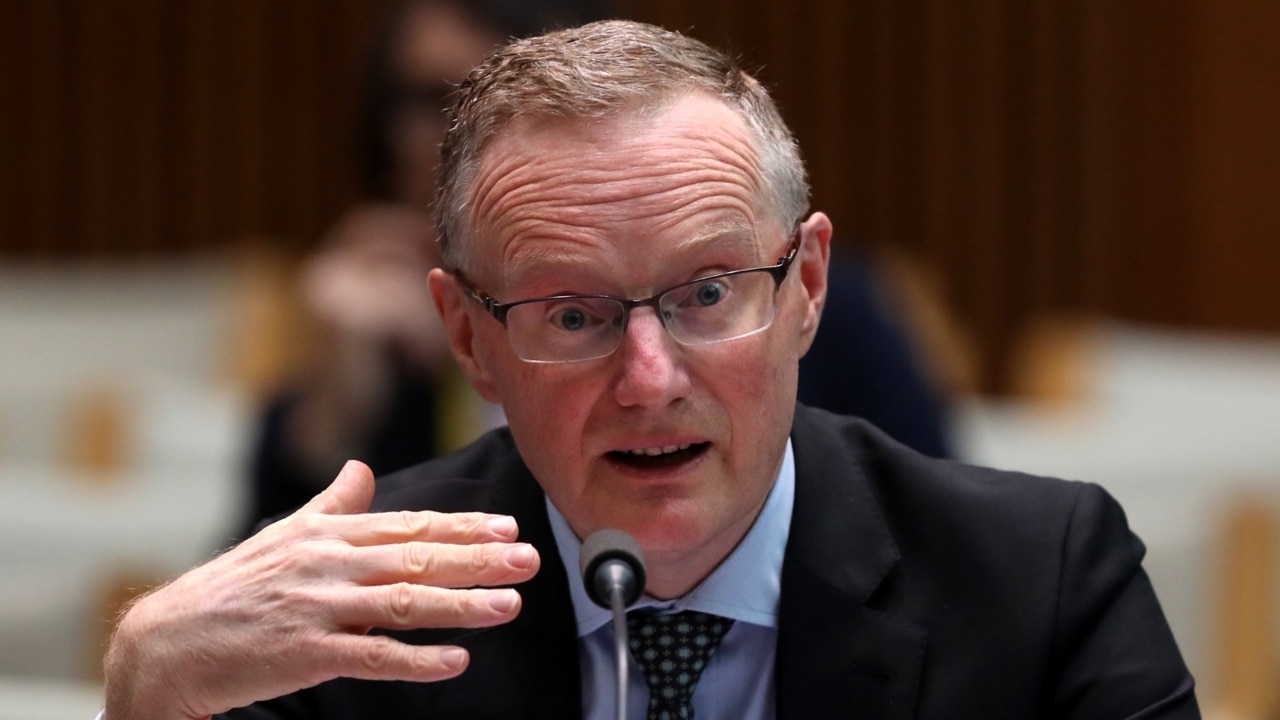‘Pockets of concern’: NAB warns of financial hardship
A major bank has revealed the number of Australians who are experiencing financial hardship, including failing to pay bills on time.

Costs
Don't miss out on the headlines from Costs. Followed categories will be added to My News.
More than one-third of Australians are experiencing some form of financial hardship, ranging from being unable to pay a bill or rent on time to covering medical expenses, according to NAB research.
The NAB financial hardship survey involved responses from 2050 Australians between August and September.
Researchers found 36 per cent of respondents had experienced hardship in the past three months.
NAB personal banking executive Mark Baylis said the findings were in line with what customers were telling the bank’s assist team.
“Most of our customers are in a good financial position but there are some pockets of concern,” Mr Baylis said.
“Banks have a critical role to provide support to home loan customers finding the increasing interest rates challenging.
“While 70 per cent of home loan customers are ahead on their repayments, I encourage anyone concerned to speak to their bank early.”

Financial hardship was most evident in Western Australia (45 per cent), South Australia and the Northern Territory (38 per cent), and Victoria (37 per cent).
But it dropped in NSW, ACT, Queensland and Tasmania.
It comes after the Reserve Bank of Australia conceded last month in its twice-yearly financial stability review that inflation and rising interest rates would make it tough for some people to repay their debts.
The RBA said there was a small group of borrowers who could fail to meet debt payments due to low savings and high levels of debt.
“Financial stress could be more widespread if economic activity turns out to be much weaker than expected,” the RBA said.
“Higher interest rates will increase borrowers’ debt payments. Despite a strong labour market, income growth has not kept up with inflation in Australia, leaving households with less capacity to service their debts.”

The RBA predicted other households would manage by reducing their spending and/or their rate of saving.
“Housing loan arrears rates are likely to increase in the period ahead from currently very low levels,” the RBA said.
“Debt-servicing challenges will become more widespread if economic conditions, particularly the level of unemployment, turn out to be worse than expected and housing prices fall sharply.”
For a household earning $150,000 with $800,000 in debt, the net effect would be a reduction in monthly spare cash flow of about $1300 – or 13 per cent of household disposable income, the RBA said.
Earlier this month, Westpac chief executive Peter King warned it was “inevitable” some borrowers would suffer a massive blow when their fixed rate mortgages expired in the next few months.
“We are not yet seeing increases in hardship or stressed assets,” he said.
“Many customers built up savings during the past two years and 68 per cent remain ahead on their mortgage repayments.
“However, it is inevitable that the impact of higher rates will be felt, including when borrowers’ low fixed-rate loans are rolled over.”
Originally published as ‘Pockets of concern’: NAB warns of financial hardship


